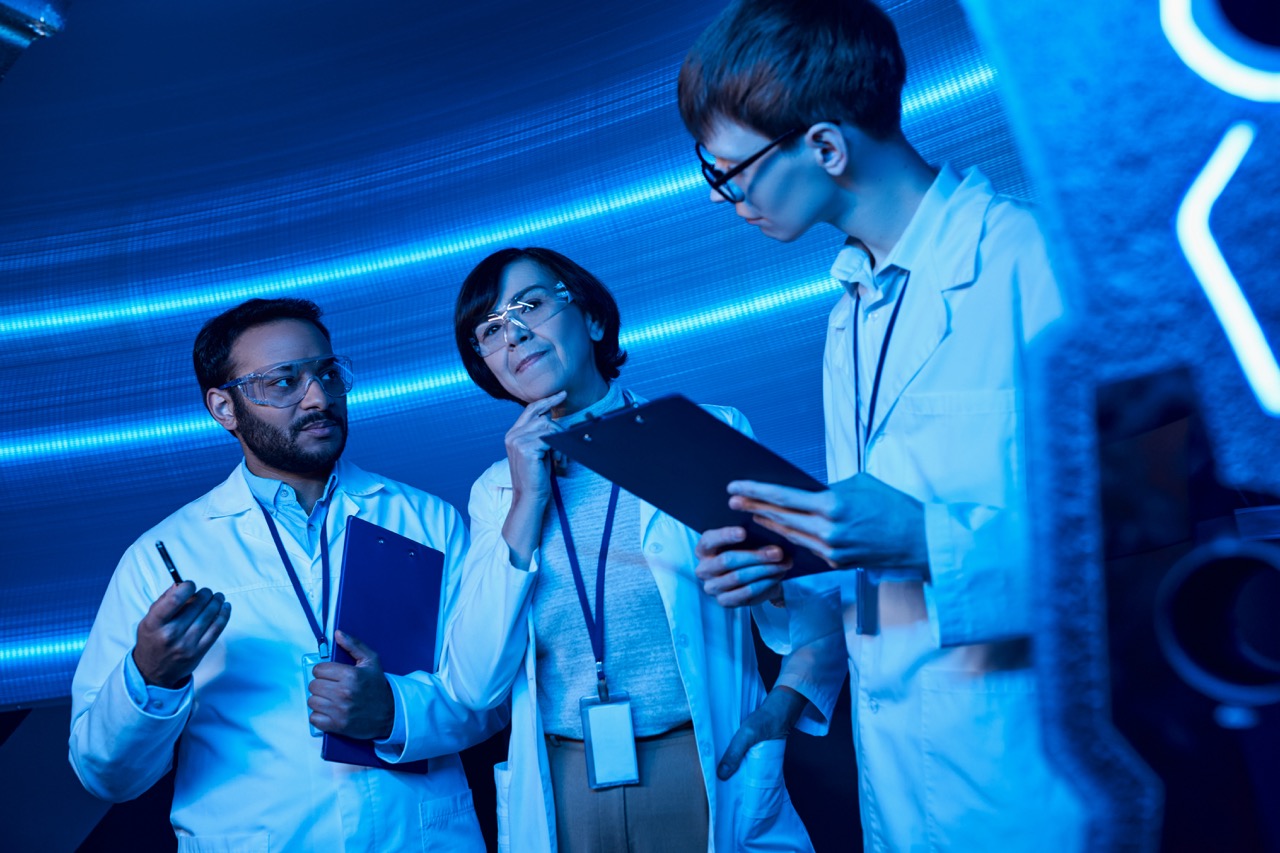In the pursuit of scientific discovery, researchers often push the boundaries of conventional methodologies, leading to the emergence of unusual lab experiments. While such pioneering efforts can yield groundbreaking insights, they also bring forth a myriad of ethical dilemmas that challenge the moral compass of the scientific community. This article delves into the realm of unconventional research practices, highlights notable experiments that have sparked ethical debates, and discusses the future of research ethics in light of these challenges.
Exploring the Frontier: Unusual Lab Experiments Unveiled
Unusual lab experiments often serve as a breeding ground for innovation, allowing scientists to explore uncharted territories in their respective fields. These experiments may involve unconventional methods, such as genetic modifications, neurophysiological manipulations, or even the use of non-traditional subjects. For instance, researchers have experimented with creating synthetic organisms that can perform functions akin to natural cells, offering insights into cellular processes and potential applications in medicine and biotechnology.
As technology continues to advance, the methods employed in laboratories have also evolved, leading to more complex and sometimes bizarre experimental designs. From the use of CRISPR technology to edit genes in non-human animals to the exploration of brain-computer interfaces that could potentially alter human cognition, these experiments challenge our understanding of biology and ethics. Despite their potential benefits, such experiments often raise questions about the limits of scientific exploration and the extent to which researchers should go in the name of discovery.
However, the unusual nature of these experiments necessitates a thorough examination of their implications. Researchers must navigate a landscape fraught with uncertainty, balancing the need for innovation against the potential for harmful consequences. This dichotomy echoes throughout the scientific community, as the pursuit of knowledge is often accompanied by the responsibility to ensure that experiments do not compromise ethical standards or the welfare of subjects involved.
Ethical Dilemmas: Balancing Science and Morality in Research
The ethical dilemmas associated with unusual lab experiments can be complex and multifaceted. One primary concern is the potential for harm to experimental subjects, be they human or animal. Researchers are often tasked with ensuring that their experiments are designed to minimize suffering and that the potential benefits outweigh any risks involved. In cases where human subjects are involved, obtaining informed consent becomes paramount, raising questions about the ability of participants to fully understand the implications of their involvement.
Moreover, the societal impact of unconventional research raises additional ethical considerations. For instance, experiments involving genetic modifications can lead to unintended consequences that could affect not only the subjects but also future generations. The prospect of "designer" organisms or humans raises profound questions about equity, access to technology, and the potential for genetic discrimination. Such considerations compel scientists to think critically about the broader implications of their work in a context that goes beyond the laboratory.
Furthermore, the question of accountability looms large in the discourse surrounding research ethics. Who bears the responsibility for the consequences of unusual lab experiments? Is it the individual researcher, the institution, or the funding bodies? This ambiguity complicates the ethical landscape, making it crucial for the scientific community to establish clear guidelines and frameworks that delineate the responsibilities of all parties involved in research.
Case Studies: Notable Experiments That Raised Ethical Questions
Throughout history, numerous experiments have ignited ethical debates, challenging the norms surrounding scientific inquiry. One notable example is the Stanford prison experiment conducted by psychologist Philip Zimbardo in the 1970s. Designed to study the psychological effects of perceived power, the experiment quickly spiraled out of control, leading to severe emotional distress among participants. Although intended to shed light on human behavior, the ethical ramifications of the experiment prompted widespread criticism and ultimately contributed to a re-evaluation of ethical standards in psychological research.
Another significant case is the Tuskegee syphilis study, which ran from 1932 to 1972 and involved the observation of untreated syphilis in African American men without their informed consent. This infamous study not only violated ethical principles but also highlighted systemic racism within medical research. The outcry following the revelation of these unethical practices led to the establishment of more stringent regulations regarding informed consent and the protection of vulnerable populations in research.
Additionally, the use of genetically modified organisms (GMOs) has sparked its own set of ethical controversies. While GMOs are heralded for their potential to address food security and agricultural challenges, experiments that create genetically altered animals or plants have raised questions about biodiversity, environmental impacts, and animal welfare. These case studies exemplify the need for continuous dialogue about the ethical implications of research, particularly as unconventional methodologies become more commonplace.
The Future of Research Ethics: Guidelines and Best Practices
As the landscape of scientific research evolves, so too must the ethical frameworks that govern it. To address the growing complexity of unusual lab experiments, there is a pressing need for updated guidelines that incorporate the latest technological advancements and ethical considerations. Research institutions and regulatory bodies are increasingly recognizing the importance of ethics in research design and have begun to implement comprehensive training programs focused on ethical decision-making.
Best practices that emphasize transparency, accountability, and collaboration between researchers, ethicists, and the public can help mitigate the ethical dilemmas posed by innovative experiments. Engaging stakeholders in discussions about the societal implications of research fosters a culture of ethical mindfulness, ensuring that scientific inquiry remains aligned with the values of society. Moreover, regular ethical audits of research practices can help identify potential issues before they escalate into larger ethical crises.
Finally, fostering an open dialogue about the potential risks and benefits of unusual lab experiments can lead to more informed decision-making. By prioritizing ethics alongside scientific ambition, researchers can navigate the delicate balance between innovation and responsibility. Ultimately, the future of research ethics lies in a proactive approach, one that anticipates challenges and seeks to uphold the integrity of scientific inquiry while respecting the moral imperatives that guide it.
The exploration of unusual lab experiments is a testament to human curiosity and the drive for knowledge. However, as scientific boundaries are pushed, so too must ethical considerations evolve to address the complexities that arise. By examining notable case studies and establishing robust guidelines, the scientific community can ensure that the quest for understanding does not come at the expense of ethical integrity. As we venture into this brave new frontier of research, the commitment to balancing innovation with morality will be crucial for the future of science.










